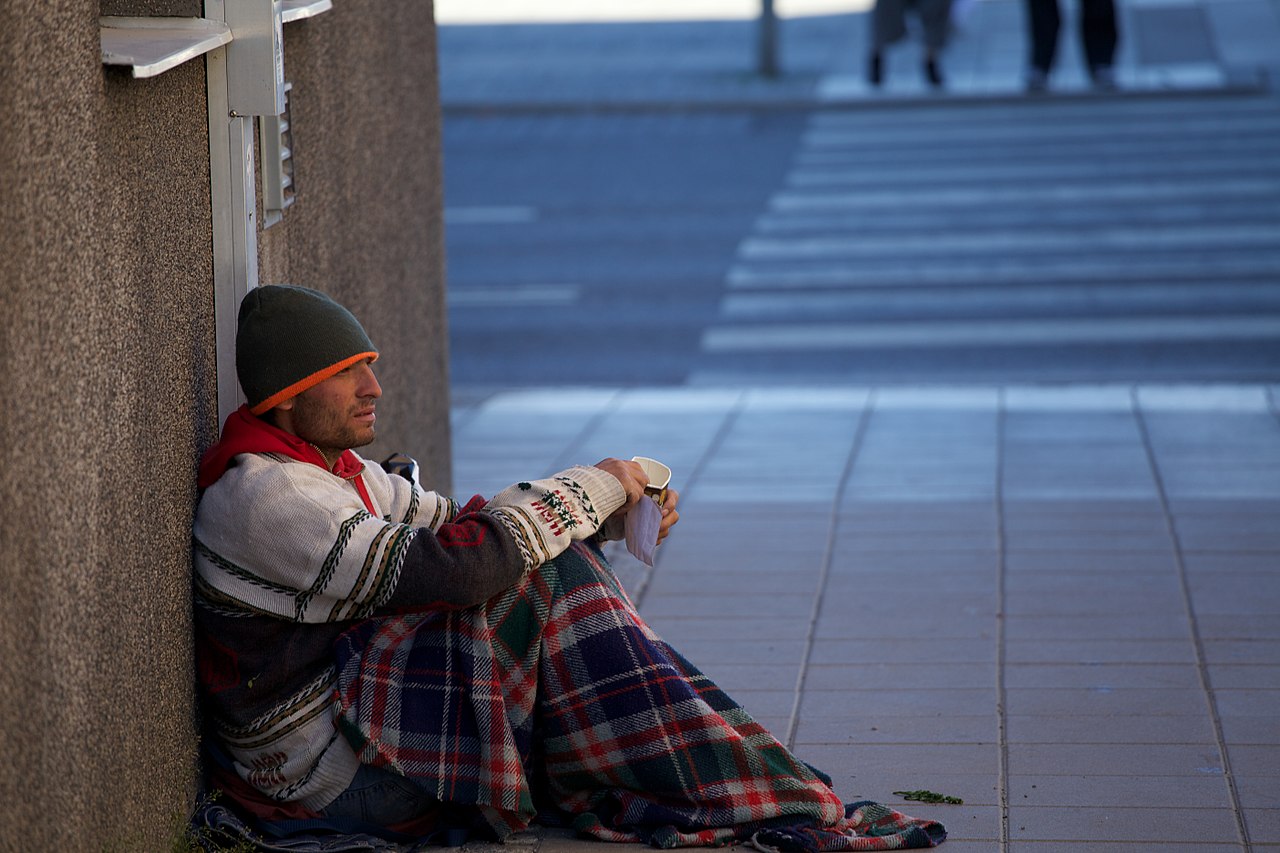The share of high-income countries in the distribution of global wealth decreased from 80% in 2000 to 71% in 2014, while middle-income countries like China and India grew from 14% to 22%, the study says. Emerging economies accounted for about two-thirds of global GDP growth and more than half of new consumption over the past 15 years. Convergence was also observed within the OECD: the gap in consumption spending between the G7 countries (Canada, France, Germany, Italy, Japan, the UK and the USA) and the poorer member countries of the organization has been halved since 2000. The average incomes in the world have also equalized: the Gini coefficient (indicator of inequality degree) decreased from 0.44 to 0.33 in 2000–2014.
Moreover, economic indicators - especially the distribution of wealth and income - have become more uneven in developed countries themselves.
Inequality in wealth, measured as the ratio of average to median wealth, has increased in 2000 in two thirds of OECD countries. McKinsey emphasizes that inequality itself has an internal hierarchy: the distribution of wealth is much more uneven than the distribution of income, which, in turn, is more uneven than the distribution of consumption. For example, in 2014, the richest 1% of the population in the G7 countries owned about 27% of total wealth, but received only 13% of total income. At the same time, this group has almost doubled its share in total pre-tax income over the past decades in the OECD countries: from 6% in 1980 to almost 11% in 2014.
Some G7 countries show strong growth and employment rates, but coupled with great inequality, and vice versa. At the same time, taxes and social transfers can significantly reduce poverty. Personal factors continue to influence social opportunities and economic outcomes in the G7 countries. Now women are more likely than men to have higher education, but their income and wealth level are still lower. Although the gender pay gap has narrowed, women earn only 84 cents for every “male” dollar. Citizens have a third more chance of higher education than rural residents, but the unemployment rate among urban residents is higher and continues to grow.
McKinsey points out that economic growth remains a basic, but not sufficient, condition for welfare. To equalize opportunities, a set of measures familiar to developed countries is recommended: these include, in particular, expanding access to healthcare and education, rethinking labor market needs and social inclusion.
source: mckinsey.com
Moreover, economic indicators - especially the distribution of wealth and income - have become more uneven in developed countries themselves.
Inequality in wealth, measured as the ratio of average to median wealth, has increased in 2000 in two thirds of OECD countries. McKinsey emphasizes that inequality itself has an internal hierarchy: the distribution of wealth is much more uneven than the distribution of income, which, in turn, is more uneven than the distribution of consumption. For example, in 2014, the richest 1% of the population in the G7 countries owned about 27% of total wealth, but received only 13% of total income. At the same time, this group has almost doubled its share in total pre-tax income over the past decades in the OECD countries: from 6% in 1980 to almost 11% in 2014.
Some G7 countries show strong growth and employment rates, but coupled with great inequality, and vice versa. At the same time, taxes and social transfers can significantly reduce poverty. Personal factors continue to influence social opportunities and economic outcomes in the G7 countries. Now women are more likely than men to have higher education, but their income and wealth level are still lower. Although the gender pay gap has narrowed, women earn only 84 cents for every “male” dollar. Citizens have a third more chance of higher education than rural residents, but the unemployment rate among urban residents is higher and continues to grow.
McKinsey points out that economic growth remains a basic, but not sufficient, condition for welfare. To equalize opportunities, a set of measures familiar to developed countries is recommended: these include, in particular, expanding access to healthcare and education, rethinking labor market needs and social inclusion.
source: mckinsey.com





